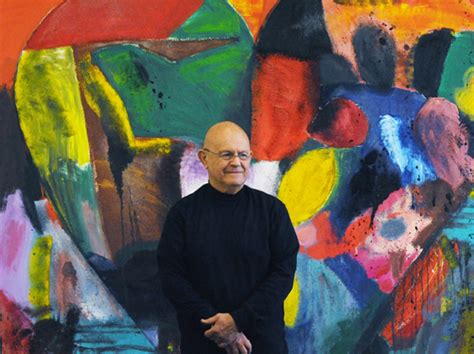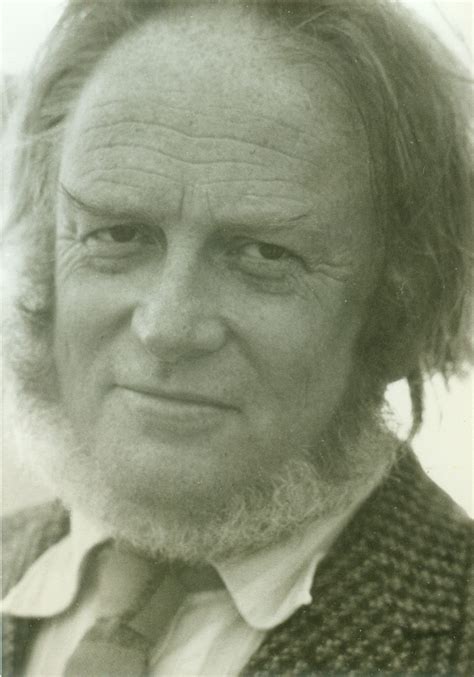A Quote by Richard Weikart
Among German historians, there's really not much debate about whether or not Hitler was a social Darwinist. He clearly was drawing on Darwinian ideas.
Related Quotes
Darwinism undermined traditional morality and the value of human life. Then, evolutionary progress became the new moral imperative. This aided the advance of eugenics, which was overtly founded on Darwinian principles. Some eugenicists began advocating euthanasia and infanticide for the disabled. On a parallel track, some prominent Darwinists argued that human racial competition and war is part of the Darwinian struggle for existence. Hitler imbibed these social Darwinist ideas, blended in virulent anti-Semitism, and--there you have it: Holocaust
...the debate among the scientists if over. There is no more debate. We face a planetary emergency. There is no more scientific debate among serious people who've looked at the science...Well, I guess in some quarters, there's still a debate over whether the moon landing was staged in a movie lot in Arizona, or whether the Earth is flat instead of round.
Americans and British respondents don't want to let the German people off the hook. They make the case that if you get rid of Hitler, some other leader apart from Hitler would have emerged and, because of the structural constant of German nationalism, would have exploited German national feeling and produce the same kind of events no matter what.
Are you debating whether you should take a step of faith in Jesus, or whether you should wait until you can clearly see how to do what He has asked? Simply obey Him with unrestrained joy. When He tells you something and you begin to debate, it is because you have a misunderstanding of what honors Him and what doesn't. Are you faithful to Jesus, or faithful to your ideas about Him?
You're talking to a modern, nice, affable German person and they're saying to you something like 'You know, vell, it's a critical time now for Germany within Europe, also globally, economically ve are pretty good, ve have been better. But ve are very vibrant in the theater and arts...' and all the time you'll be listening to this, you're thinking Mmm, yeah, mmm... Hitler, Hitler, Hitler, Hitler, Hitler.
Painting dissolves the forms at its command, or tends to; it melts them into color. Drawing, on the other hand, goes about resolving forms, giving edge and essence to things. To see shapes clearly, one outlines them--whether on paper or in the mind. Therefore, Michelangelo, a profoundly cultivated man, called drawing the basis of all knowledge whatsoever.
The reason you go to university is to be taught, is to learn how to think more clearly, to call into question the ideas that you came with and think about whether or not they are the ideas you will always want to hold. A university education at its best is a time of confusion and questioning, a time to learn how to think clearly about the values and principles that guide one's life. Of course, it's also a time to acquire the skills needed for jobs in the "real world," but the part about becoming an adult with ideals and integrity is also important.































